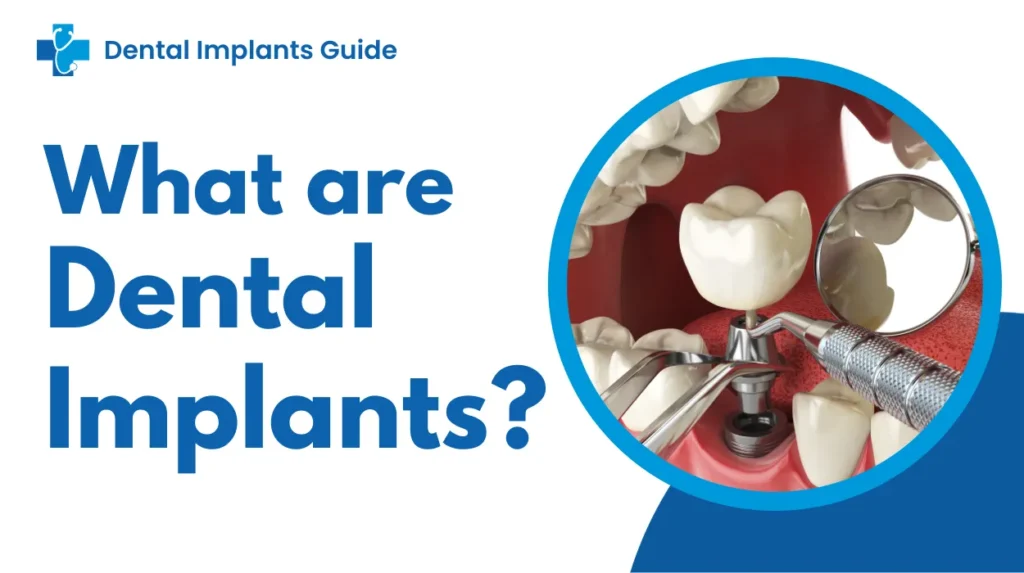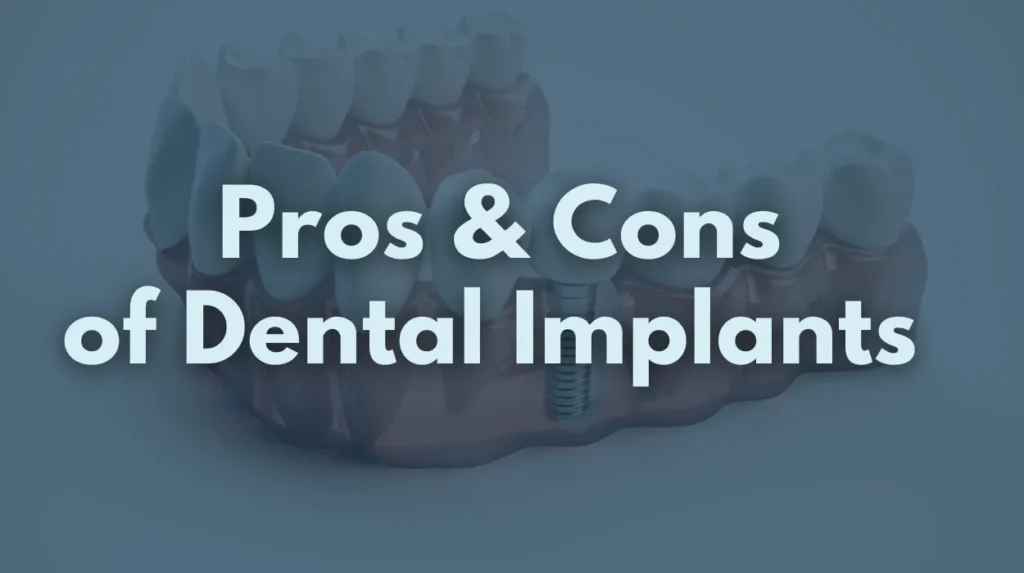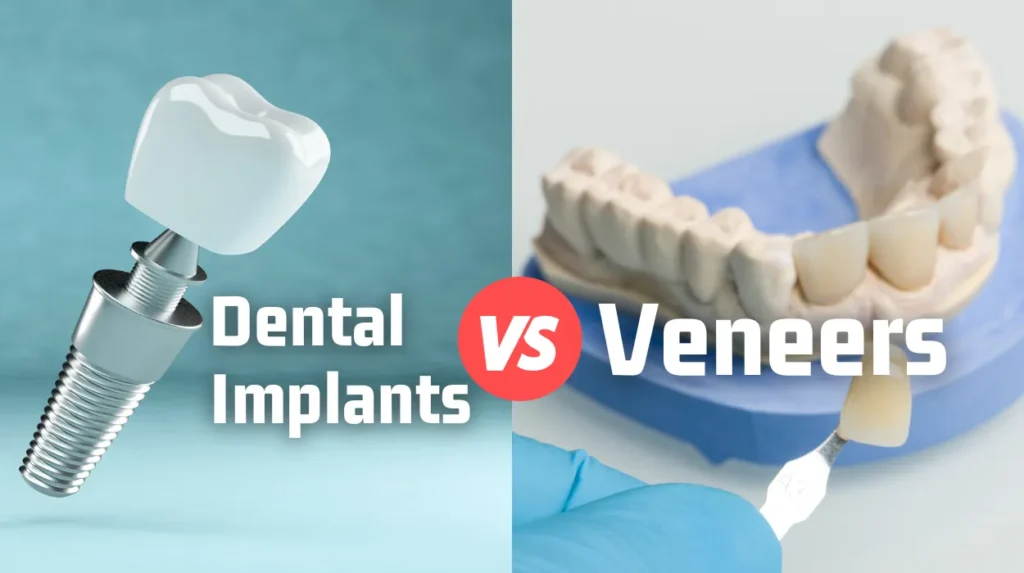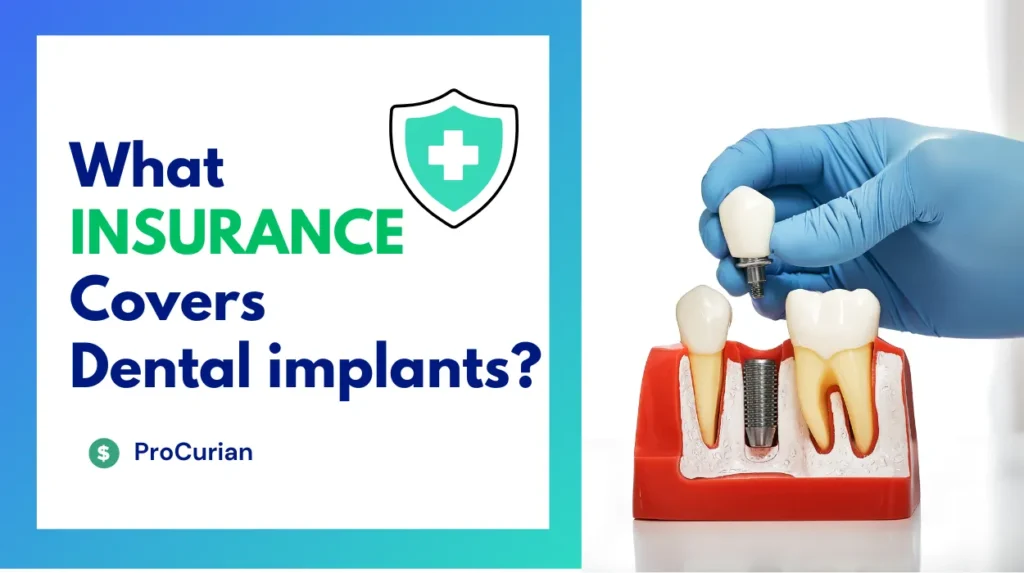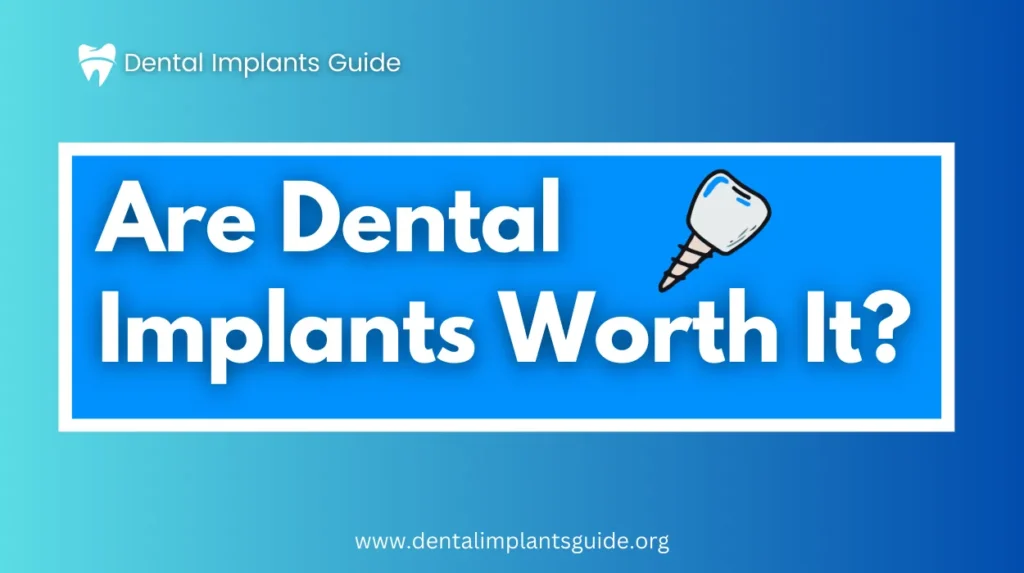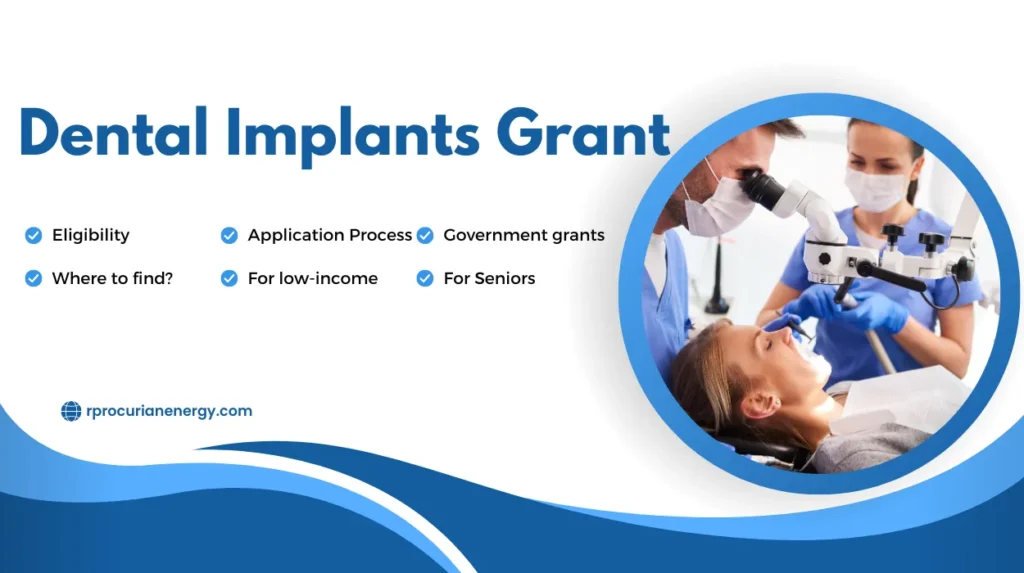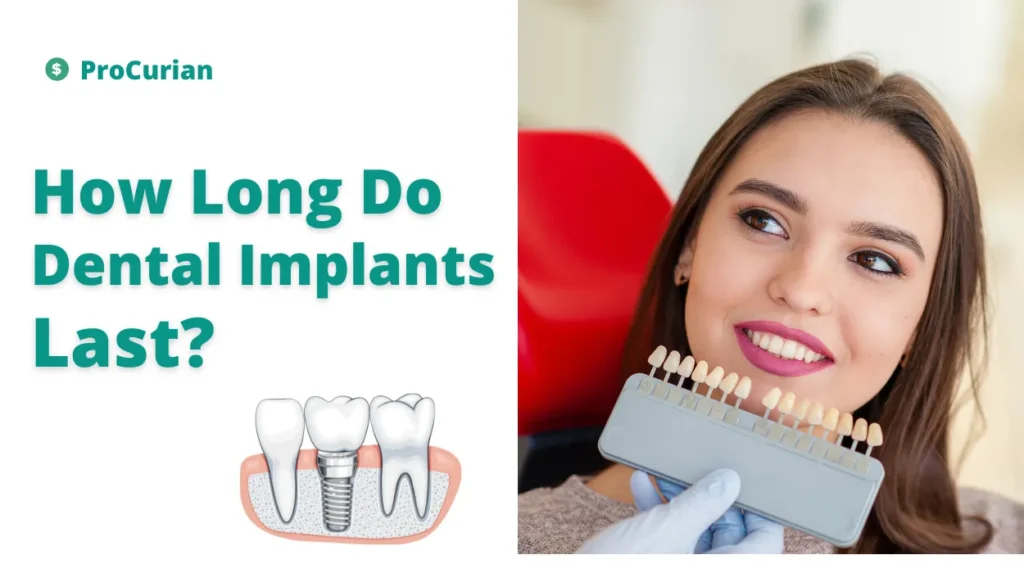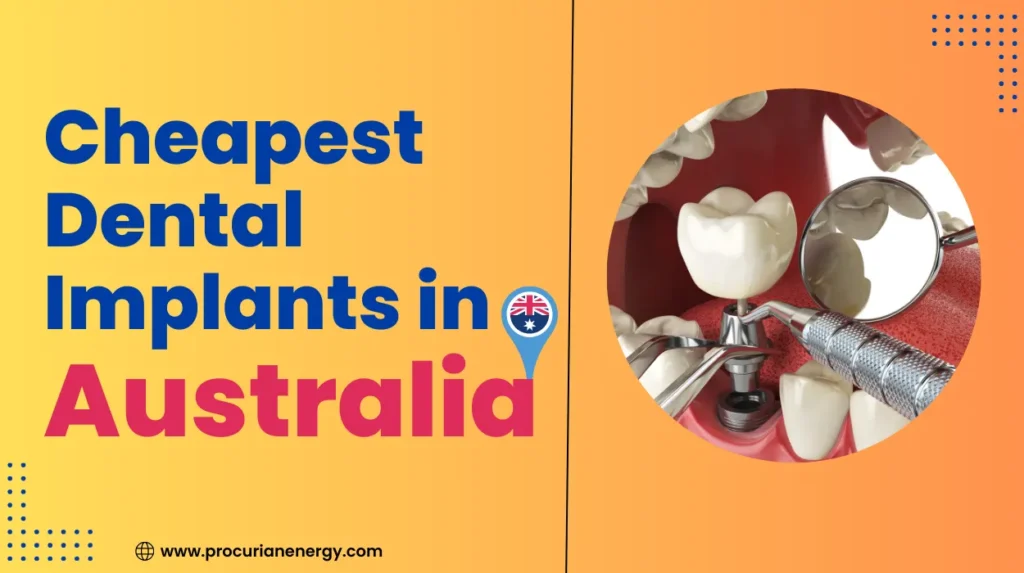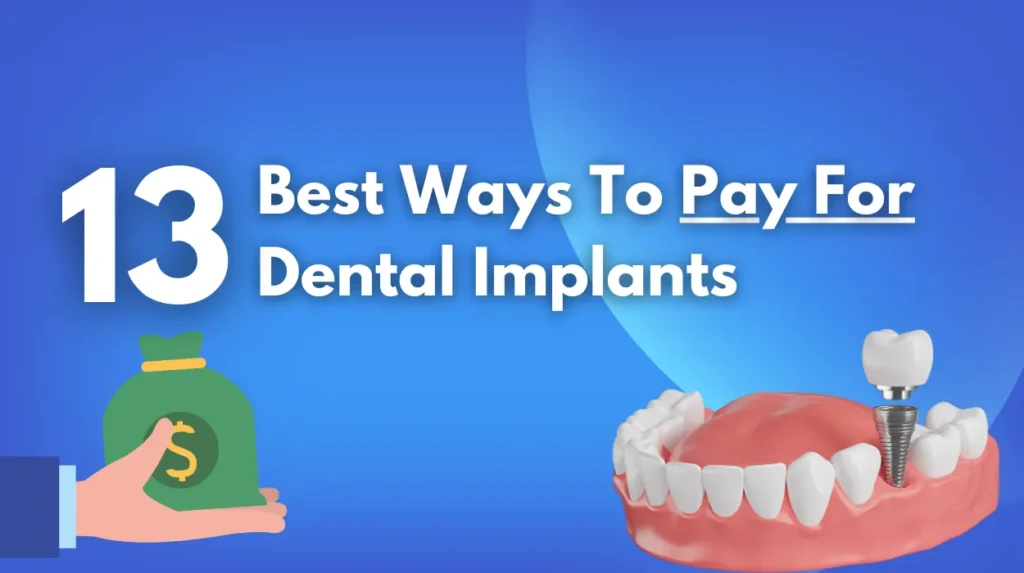Hey there, friends! Today, we’re going to talk about something super important – dental implants and how smoking can mess things up.
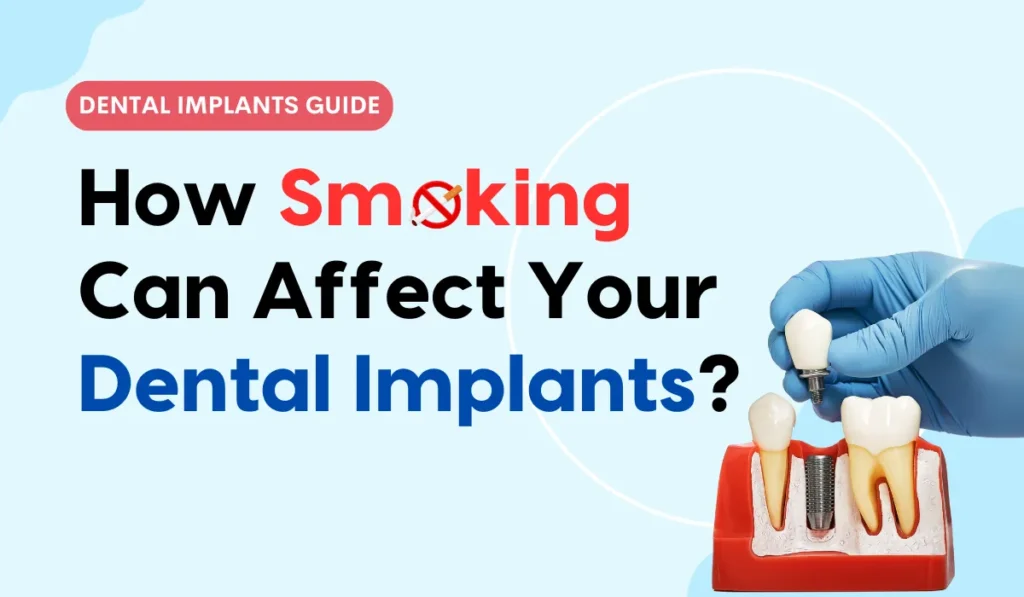
I’ve been working in the dental field for over 20 years, and I’ve seen how smoking can cause trouble for people with dental implants. But don’t worry, I’m here to break it all down for you.
We’ll explore why smoking and dental implants don’t mix, and what you can do to keep your smile shining bright.
Is Smoking Bad for Dental Implants?
Yes, smoking is bad for dental implants. Smoking can make it harder for your implants to heal and stick in your mouth. It can also cause problems like infections and gum disease, which can lead to implant failure.
So, it’s best to quit smoking or avoid it if you want your dental implants to work well and last a long time. Your dentist can help you with advice and support to quit smoking.
Related Article ➥ 12 Possible Side Effects of Dental Implants
How Smoking Affects Dental Implants Healing?
Smoking can really wreak havoc on your dental implants, and here’s how it does it:
① Reduced Blood Flow ➜ When you smoke, it tightens up those blood vessels in your gums and jawbone. That’s bad news for your dental implant because it needs good blood flow to heal properly. Without it, the healing process slows down, and the implant might struggle to bond with your bone.
② Weakened Immune System ➜ Smoking isn’t a friend to your immune system. In fact, it weakens it. And when your immune system isn’t up to par, you’re more likely to get infections. For dental implants, that’s a big problem because infections can mess things up big time and even cause implant failure.
③ Gum Tissue Damage ➜ Smoking isn’t kind to your gums either. It can harm the gum tissue, leading to something called gum recession. When your gums start pulling back, your implant becomes exposed to nasty bacteria, increasing the odds of infection.
④ Bone Loss ➜ Smoking can lead to bone loss in your jaw, which is the opposite of what you want when you have dental implants. A strong, healthy jawbone is essential for the stability of your implants.
Complications of Dental Implants in Smokers
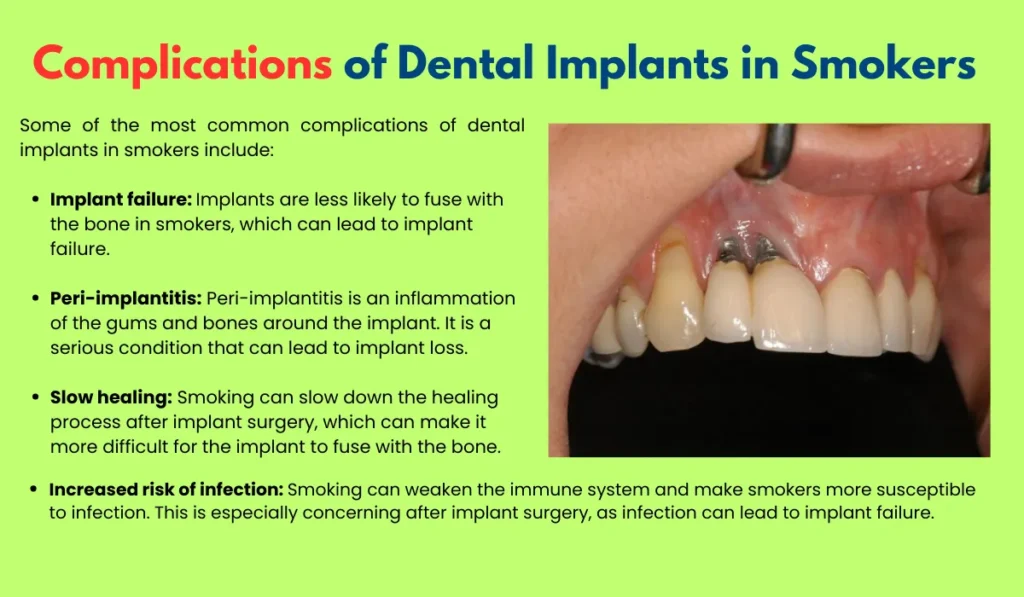
Smokers are at an increased risk for a number of dental implant complications, including:
① Peri-implantitis ➜ Peri-implantitis is an inflammation of the gums and bone around a dental implant. It is similar to gum disease, but it is more difficult to treat. Peri-implantitis can lead to implant failure.
② Implant failure ➜ Implant failure is when a dental implant does not fuse with the jawbone and falls out. This can happen for a number of reasons, including infection, smoking, and overloading of the implant.
③ Other complications ➜ Smokers are also at an increased risk for other dental implant complications, such as nerve damage, sinus perforation, and bone loss.
Related Article ➥ How to Heal Faster After Dental Implants?
How do different levels of smoking affect dental implants?
| Smoking Level | Number of Cigarettes/Day | Implant Failure Percentage |
|---|---|---|
| Non-smoker | None (Non-smoker) | Very Low (Approx. 5%) |
| Occasional Smoker | 1-2 | Low (Approx. 10-15%) |
| Light Smoker | Up to 5 | Moderate (Approx. 20-25%) |
| Moderate Smoker | Half a Pack (10-12) | High (Approx. 30-40%) |
| Heavy Smoker | A Pack or More (20+) | Very High (Approx. 50%+) |
How to Protect Your Dental Implants if You Smoke?
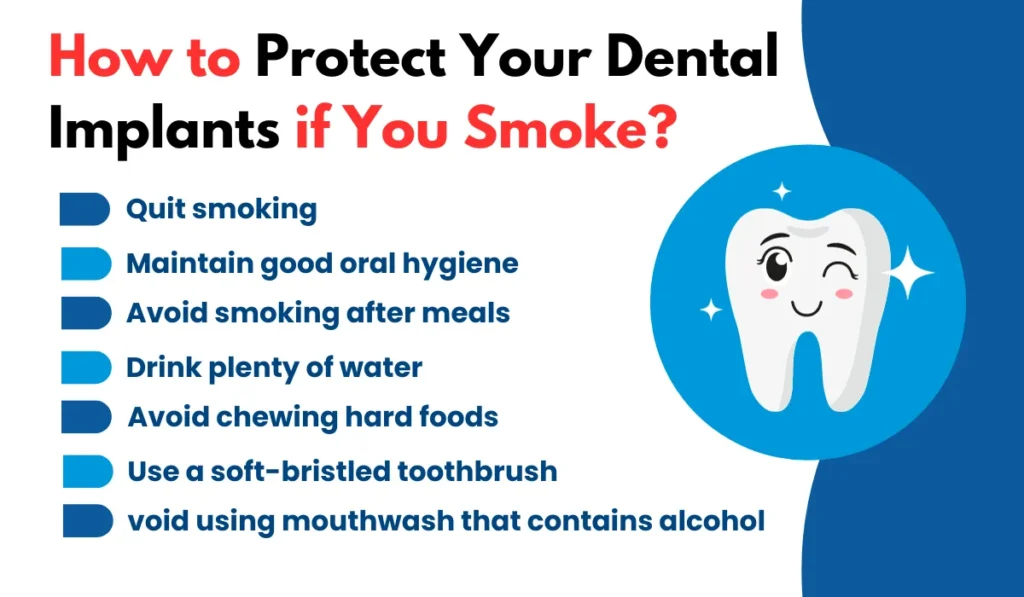
Smoking can harm your dental implants, but you can protect them by following these steps:
- The best way to protect your implants is to quit smoking. Smoking slows down healing and can lead to implant failure.
- Brush and floss your teeth and implants regularly. Use a soft toothbrush and non-alcoholic mouthwash.
- Visit your dentist regularly for check-ups and cleanings. They can spot problems early.
- Don’t smoke right after implant surgery. This can slow healing. Wait until your dentist gives you the okay.
- Drinking water can help reduce the harmful effects of smoking on your mouth.
- Chewing sugar-free gum can stimulate saliva production, which helps keep your mouth healthier.
How long after a dental implant can I smoke?
After getting a dental implant, it’s a good idea to stay away from smoking for a minimum of 2 months. Smoking can mess up the healing process and make complications more likely, including the implant not working properly.
Can heavy smokers get dental implants?
Yes, heavy smokers can still have dental implants, but it’s important to know that smoking raises the chances of problems and lowers the success odds. Smoking harms your gums and jawbone, crucial for implant success.
If you’re a heavy smoker, your dentist will probably advise quitting before and after the implant procedure. This boosts the chances of success and lowers the risks of issues.
FAQs
Can smoking harm dental implants?
Yes, smoking can harm dental implants and increase the risk of complications.
How does smoking affect healing after implant surgery?
Smoking slows down healing by reducing blood flow and nutrients to the surgical area.
Does smoking make me more likely to get infections around dental implants?
Yes, smoking weakens your immune system, making it harder to fight infections near implants.
Can smoking cause gum disease with dental implants?
Smoking is a risk factor for gum disease, which can lead to implant problems.
Does smoking affect the stability of dental implants?
Smoking can weaken the jawbone, which may compromise the stability of implants.
Are smokers less likely to have successful dental implants?
Studies show that smokers have lower success rates with dental implants compared to non-smokers.
Can I smoke after getting dental implants?
It’s best to avoid smoking entirely after implant surgery to support proper healing.
How long should I refrain from smoking after getting dental implants?
deally, you should quit smoking for 2 to 3 months or as long as your dentist recommends post-surgery.
Are e-cigarettes or vaping safer for dental implants than traditional smoking?
While e-cigarettes are considered less harmful, they are not completely safe and can still affect implant healing.
Final Thoughts
So there you have it, my friends! Smoking and dental implants simply don’t go hand in hand. It’s like mixing oil and water – they just don’t mix well. Smoking can cause problems for your dental implants in more ways than one.
To sum it up, smoking can slow down the healing process, increase the risk of infections, and even lead to gum disease and bone loss around your implants.
So, if you’re a smoker with dental implants or thinking about getting them, take that courageous step towards quitting smoking. Seek support, talk to your healthcare provider, and remember all the benefits that await you – better oral health, a longer-lasting smile, and a healthier you.

